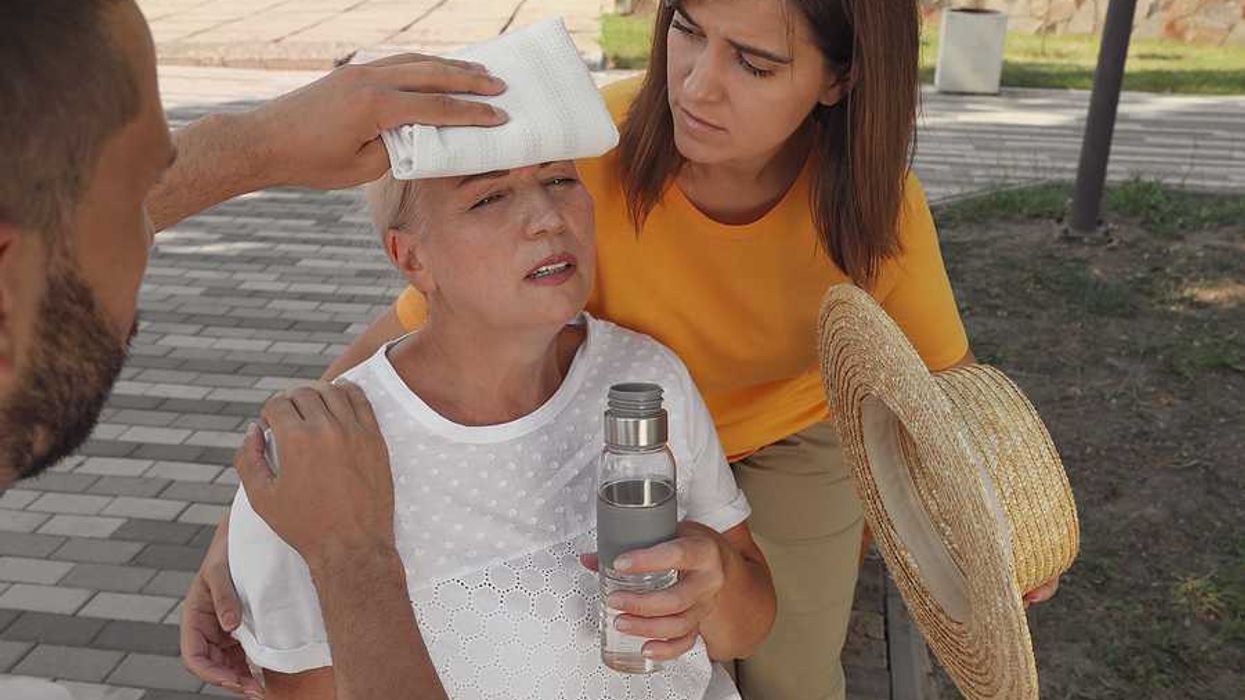A recent study published in Environmental Health Perspectives investigated the connection between persistent pregnancy nausea and long-term exposure to endocrine disrupting chemicals (EDCs).
In short:
- Exposure to a mixture of common EDCs including phthalates and phenols was associated with an increased risk of nausea that lasted past the first trimester of pregnancy.
- This link was especially strong in women who were pregnant with male babies.
Key quote:
“Additional studies are needed to elucidate potential underlying pathological pathways, including likely hormone-mediated relationships, as well as to understand the long-term implications for both mother and child.”
Why this matters:
Endocrine disrupting chemicals can be found in most consumer products - phthalates and phenols in particular are common ingredients in plastic packaging, personal care products and cleaning products. Research has shown that EDCs are associated with a number of pregnancy complications, including hypertension, preeclampsia, and gestational diabetes. The authors of this study emphasize the need to better understand the impacts of EDC exposure during pregnancy, on both mothers and the developing fetus.
Related EHN coverage:
- Scientists find heavy metals and phthalates in prenatal vitamins
- High levels of endocrine disrupting chemicals found in breast milk across China
More resources:
- SafetyNEST provides resources on how to reduce environmental exposures while pregnant and at home.
- American College of Obstetricians and Gynecologists: Reducing Prenatal Exposure to Toxic Environmental Agents
- Deforestation in Cambodia linked to ill health in children. ›
- Health concerns mount in East Palestine weeks after Ohio train derailment ›

















